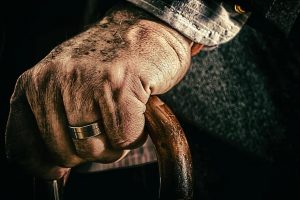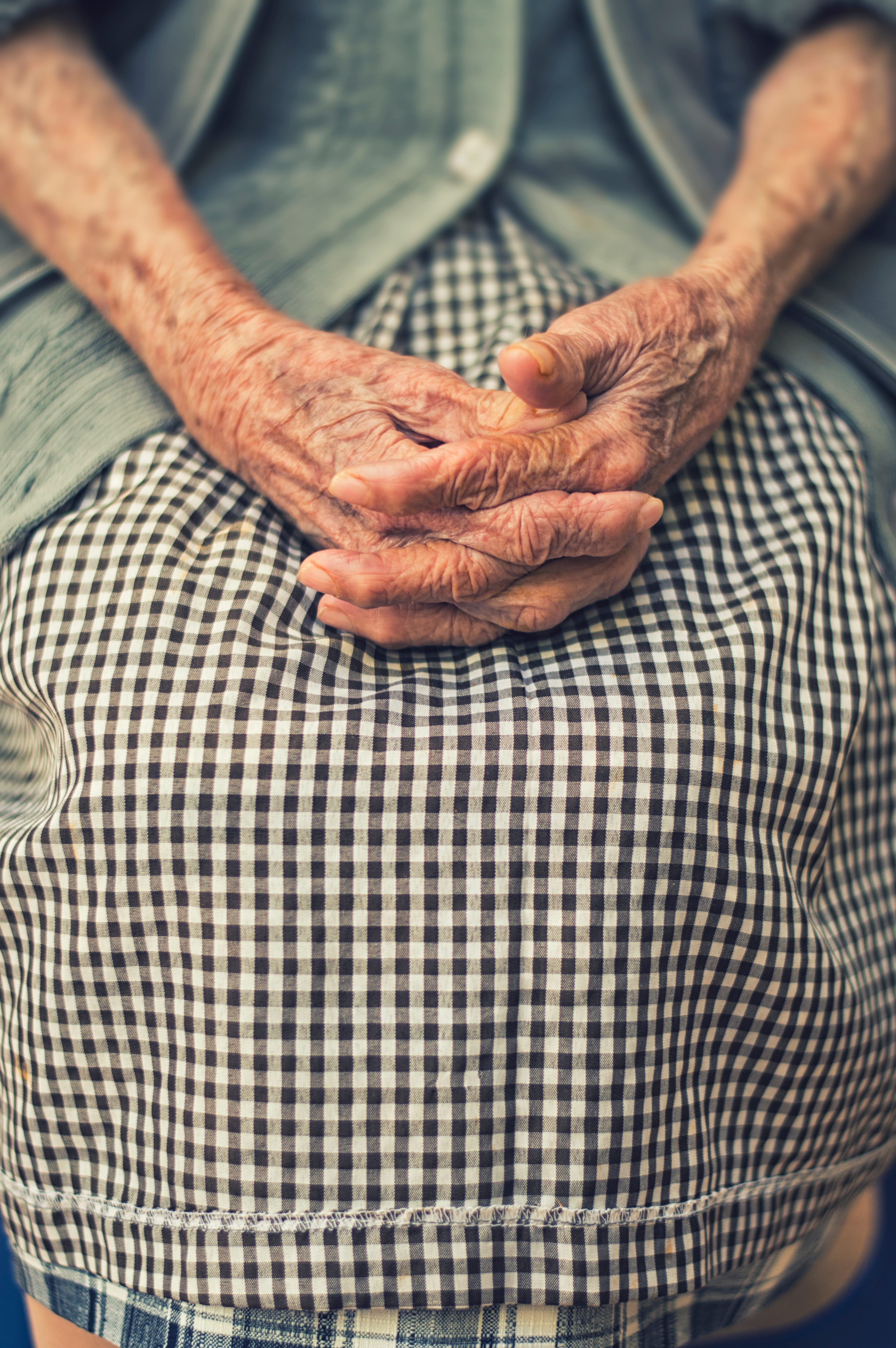Nursing homes, assisted living, and other long-term care facilities have a duty to provide proper care and nutrition to those under their care.
Many people with loved ones in skilled nursing facilities wonder if they should consider bedsores as a sign of nursing home abuse. Bedsores, also referred to as pressure ulcers, may range from minor to deadly. When left untreated, some bedsores can reach bone depth and result in serious complications including sepsis and death. According to the Centers for Disease Control and Prevention (CDC), in 2004 approximately 11% of residents in United States nursing homes suffered from bedsores. No doubt the numbers have risen since that time. Family members expect their aging loved ones to be properly cared for in nursing home facilities – unfortunately, this is not always the case. Those in Atlanta in need of skilled legal guidance may want to consider reaching out to Hall & Lampros, LLP at (404) 876-8100.
Bedsore Symptoms
Those with a loved one in a nursing home or assisted living facility may notice warning signs indicating a developing or existing bedsore including:
- Swelling
- Tender areas
- Abnormal change in skin texture or color
- Draining of clear or pus-like substance
- Area of skin feeling warmer or cooler to the touch than surrounding areas
Bedsores can develop in a matter of hours according to the Mayo Clinic and most often occur on the hips, heels, tailbone, ankles, and other bony areas. Depending on their seriousness, some bedsores can lead to infection and may never completely heal. The areas where bedsores may occur differ depending on whether a resident spends most of their time in bed or in a wheelchair.
Four Stages of Bedsores
Bedsores range in level of severity from stage one to stage four, with four being the most serious. A system was created by the National Pressure Ulcer Advisory Panel to determine the severity of bedsores, which fall into one of the below categories:
- Stage 1 – The skin is not cracked or open, and the top layer of the skin may appear red and be hard or warm to the touch
- Stage 2 – The skin is cracked and there may be a blister or fluid as the ulcer begins to penetrate the second layer of skin
- Stage 3 – The sore has progressed into the fatty tissue below the dermis level and has the appearance of a crater – dead tissue causes it to turn black
- Stage 4 – The bedsore has possibly extended into bone, muscle, and ligaments and infection is possible – stage 4 bedsores may not heal in those with chronic conditions, or may take months to heal
If you are considering a loved one’s bedsores as a sign of nursing home abuse, consider scheduling a consultation with Hall & Lampros, LLP.
How Bedsores Can Be Prevented

Bedsores develop as a result of skin being under pressure from remaining in one position for too long. Nursing home residents are often left sitting in one position in a wheelchair for an extended period of time. A resident who is bedridden may lay on their back or side for hours on end without being turned by health care providers. Many nursing home residents are immobile and cannot move on their own. Some may be paralyzed, preventing them from turning on their own in bed, or raising up from a wheelchair.
Nurses and other health care workers in nursing homes must inspect residents’ skin for symptoms of bedsores each day. Routines must be implemented to ensure bedsores do not develop, or if they do, can be treated before they become worse. Nursing home employees are responsible for preventing, treating, and documenting any pressure ulcers that develop. When bedsores are left untreated and become worse, it is a clear signal that neglect is taking place. Staff must do their duty to ensure that residents are turned regularly and helped to sit up. In some cases, bedsores can lead to death.
Consider Scheduling a Visit with Hall & Lampros, LLP
Nursing homes, assisted living, and other long-term care facilities have a duty to provide proper care and nutrition to those under their care. Unfortunately, nursing home abuse and neglect takes place every day in facilities across the country and in Georgia. Medications are often not dispensed on time, employees may ignore the resident’s hygiene needs, or leave them lying in one position for an entire day or even longer. Loved ones should be treated with respect and dignity. Those with an aging family member who are wondering whether they should consider bedsores as a sign of nursing home abuse are invited to visit with Hall & Lampros, LLP at (404) 876-8100.


Join the conversation!